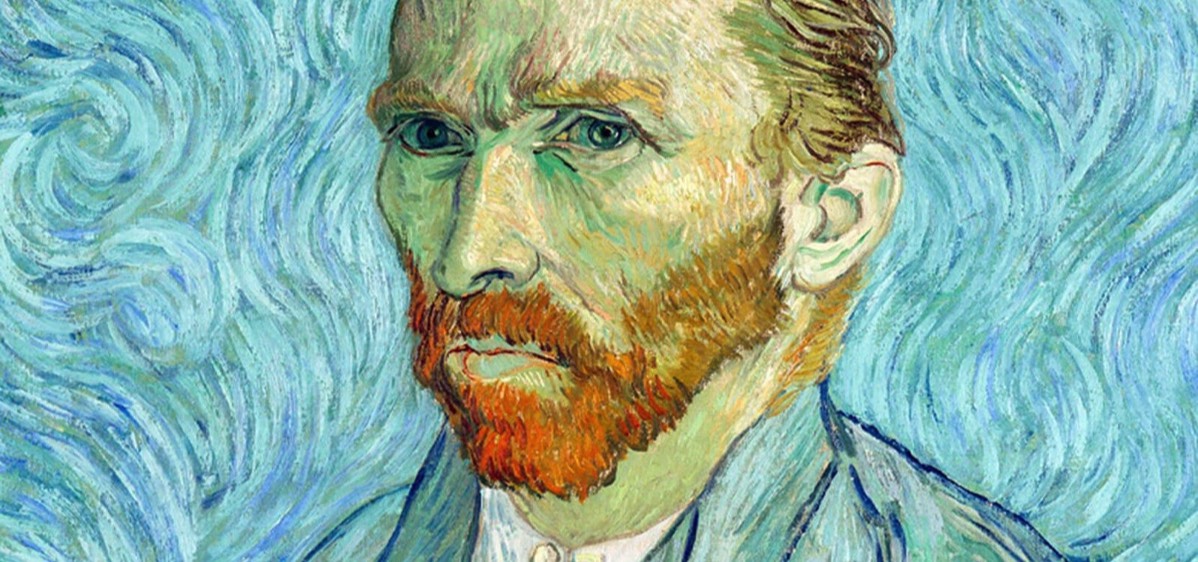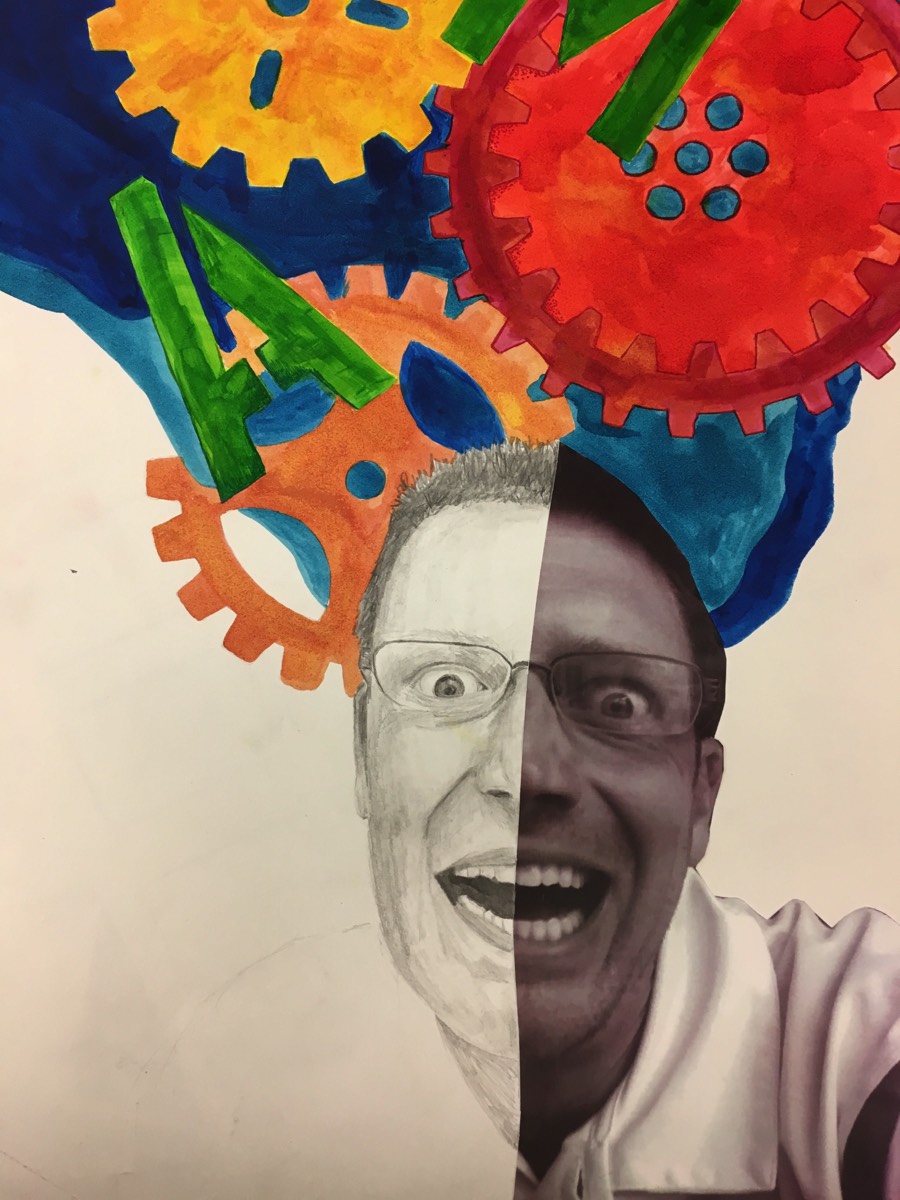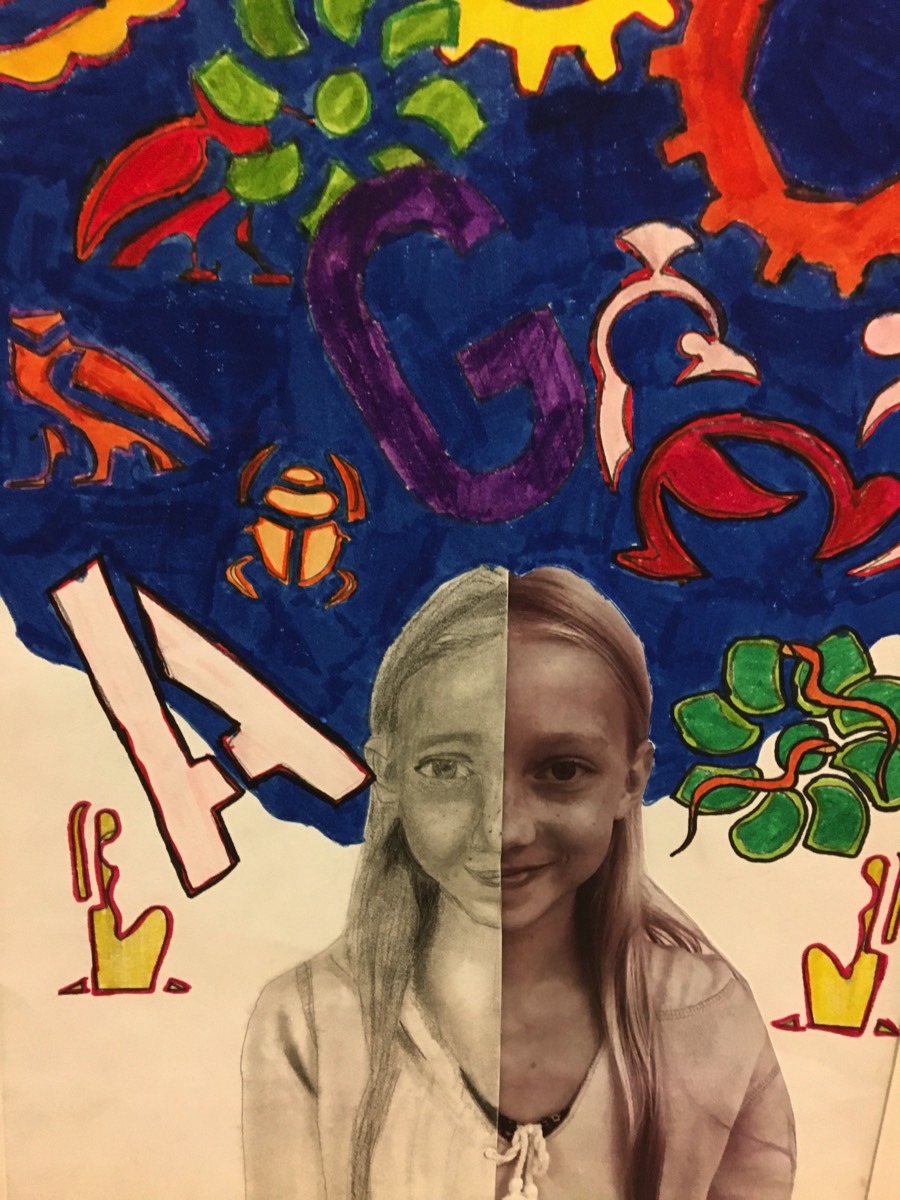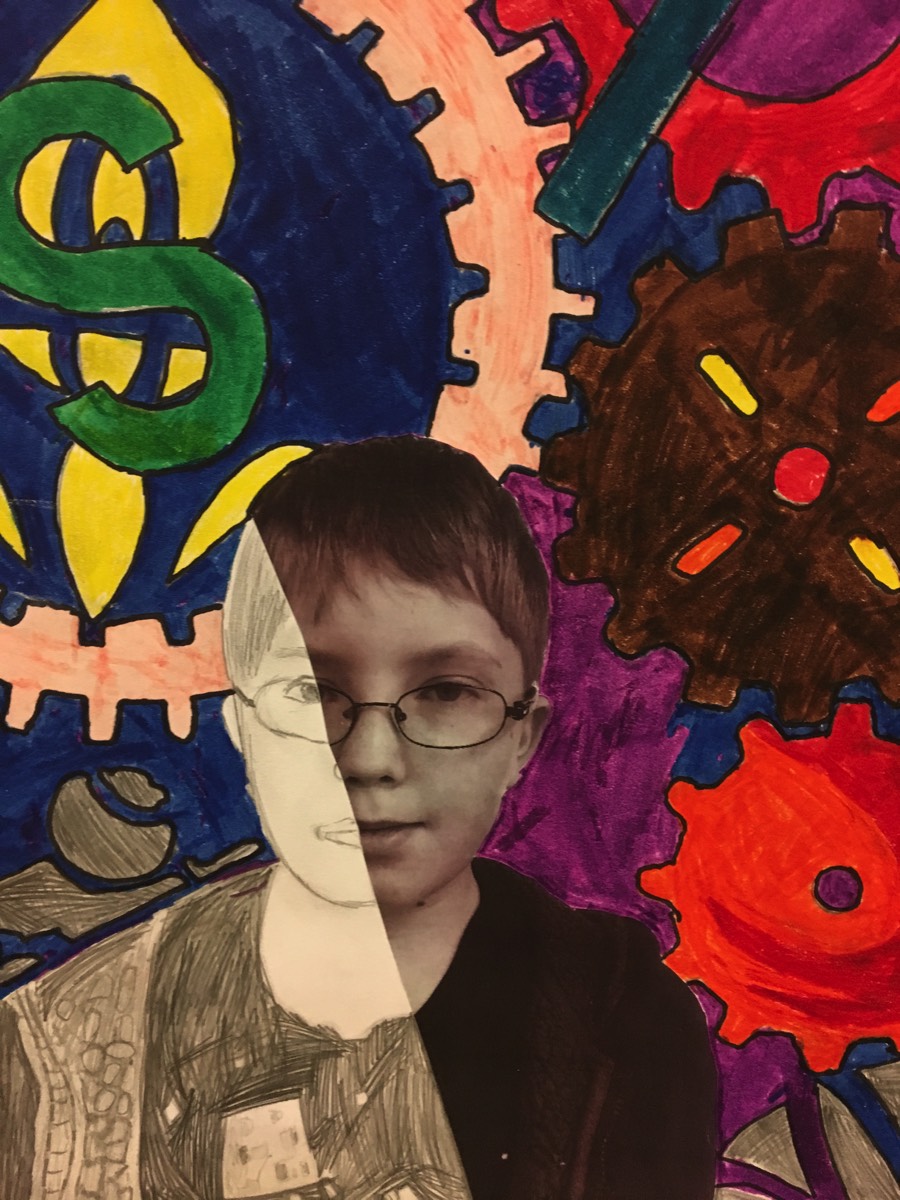Self Portrait Project

Project Description
The Mixed Media Self Portrait assignment is a dynamic and expressive project that encourages students to explore their identities, self-perceptions, and creative talents through the use of multiple artistic mediums. This assignment goes beyond traditional self-portraits and invites students to experiment with a diverse range of materials and techniques to convey their unique personalities and inner worlds.
Project Objectives:
The primary objectives of the Mixed Media Self Portrait assignment are as follows:
Self-Exploration: Encourage students to delve into introspection and self-exploration to gain a deeper understanding of their identity, experiences, and emotions. Mixed Media Techniques: Introduce students to a variety of art materials and techniques, including drawing, painting, collage, and more. Creative Expression: Foster creative thinking and experimentation by allowing students to blend and layer different mediums to communicate their self-perceptions. Narrative and Conceptual Thinking: Encourage students to develop a narrative or concept behind their self-portrait, conveying not only their physical appearance but also their thoughts, emotions, and experiences. Presentation and Communication: Teach students how to present and articulate their artistic choices, the symbolism within their artwork, and the message they aim to convey.
Materials Needed:
The materials for this assignment may vary depending on the specific vision of the student, but commonly used materials include:
Canvas or heavy paper Pencils, charcoal, or pastels for drawing Acrylic paints or watercolors Collage materials (magazines, newspapers, photographs) Glue, adhesive, or mod podge Brushes and painting tools Found objects (buttons, fabric, jewelry, etc.) Mixed media materials (inks, markers, oil pastels) Scissors and cutting tools Varnish or fixative (for preserving the artwork)
Project Steps:
Self-Reflection: Begin by asking students to reflect on their own identity, experiences, and emotions. Encourage them to consider what aspects of themselves they want to convey in their self-portrait. Planning and Concept: Have students sketch out their ideas for the self-portrait, considering composition, symbolism, and the use of different mediums. Discuss the message or story they want to communicate. Mixed Media Exploration: Introduce students to various mixed media techniques through demonstrations and examples. These may include drawing, painting, collage, assemblage, or any other combination of materials and techniques. Artistic Process: Students should start creating their self-portrait, beginning with a foundation that could be a drawing or a painted base. From there, they can layer additional elements using various materials and techniques. Narrative and Symbolism: Encourage students to incorporate symbolism and elements that represent their identity, interests, and experiences. These symbols could be drawn, painted, or collaged onto the artwork. Layering and Blending: Demonstrate how to effectively blend and layer different mediums to create a cohesive and visually engaging self-portrait. Presentation: Discuss the importance of presenting the artwork thoughtfully. This could include selecting a suitable frame or display method and preparing an artist statement. Reflection and Critique: Hold a class critique session where students discuss their self-portraits, the creative process, and the symbolism behind their choices. Provide constructive feedback and encourage students to reflect on their growth as artists. Final Presentation: Encourage students to present their self-portraits to the class, explaining their artistic decisions, the narrative or concept behind their work, and the emotions or experiences they sought to convey.
Project Objectives:
The primary objectives of the Mixed Media Self Portrait assignment are as follows:
Materials Needed:
The materials for this assignment may vary depending on the specific vision of the student, but commonly used materials include:
Project Steps:
Learning Objectives
Self-Exploration and Self-Awareness:
Encourage students to explore and reflect on their personal identity, experiences, and emotions.
Mixed Media Techniques:
Introduce students to various mixed media techniques, such as drawing, painting, collage, assemblage, and layering.
Creative Thinking and Innovation:
Foster creative thinking by encouraging students to experiment with unconventional materials and approaches.
Technical Skills and Craftsmanship:
Develop technical skills related to drawing, painting, collage, and other mixed media techniques.
Artistic Expression and Communication:
Teach students how to effectively communicate their artistic choices, symbolism, and narratives to others.
Emotional Expression and Empathy:
Allow students to use their self-portraits as a means of expressing and processing emotions.
Mixed Media Techniques:
Creative Thinking and Innovation:
Technical Skills and Craftsmanship:
Artistic Expression and Communication:
Emotional Expression and Empathy:
Rubric
Rubric:
Rubrics have become popular with teachers as a means of communicating expectations for an assignment, providing focused feedback on works in progress, and grading final products. A rubric is a document that articulates the expectations for an assignment by listing the criteria, or what counts, and describing levels of quality from excellent to poor.
The rubric for the self-portrait project can be viewed, downloaded and printed below. Enjoy
Rubrics have become popular with teachers as a means of communicating expectations for an assignment, providing focused feedback on works in progress, and grading final products. A rubric is a document that articulates the expectations for an assignment by listing the criteria, or what counts, and describing levels of quality from excellent to poor.
The rubric for the self-portrait project can be viewed, downloaded and printed below. Enjoy
Element of Art
Shape:
An element of art that is two-dimensional, flat, or limited to height and width.
Artist : Vincent Van Gogh
Vincent van Gogh is instantly recognizable by his reddish hair and beard, his gaunt features, and intense gaze. Van Gogh painted some 36 self-portraits in the space of only ten years. Perhaps only Rembrandt produced more, and his career spanned decades. For many artists, like Rembrandt and Van Gogh, the self-portrait was a critical exploration of personal realization and aesthetic achievement.
Project Example

Project Demonstration
Student Work
You're Ready to Start Your Project.
Project Submission

Self-Portrait Comments
- 1
- 2
- 3
- 4
- 5
- 6
- 7
- 8
- 9
- 10
- 11
- 12
- 13










